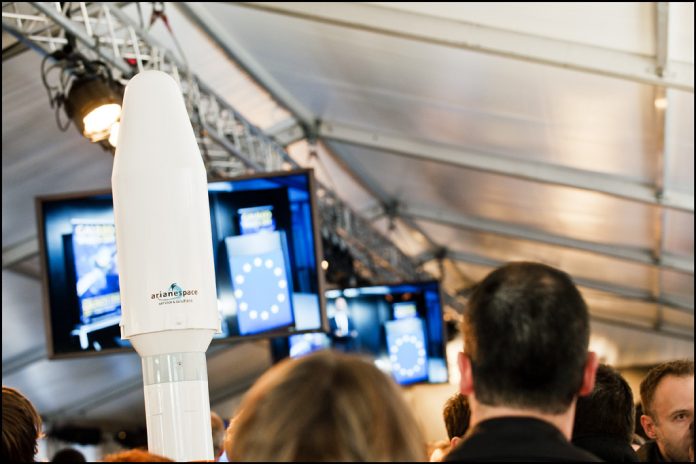To help maintain and further enhance the European Union’s leadership in space, the European Commission is proposing to spend €16bn from the bloc’s 2012-2027 budget.
“EU investment in space has already delivered world-class results to the benefit of European citizens and businesses,” said Vice-President of the Commission Maroš Šefčovič. “Over 10% of the EU’s GDP is already dependent on space-related services and major investments by the EU have enabled progress that no Member State could have achieved on its own. But we need to up our game. Space data can help our industries lead on the Internet of Things and automated driving, and help us more accurately monitor greenhouse gas emissions to make our climate action more effective than ever before.”
In turn, Elżbieta Bieńkowska, Commissioner for the Internal Market, Industry, Entrepreneurship and SMEs, noted that the value of EU space activities for society, economy and security is “remarkable”.
“Our roadmap is clear: maintain and upgrade the existing infrastructure for Galileo and Copernicus, increase the use of space data, foster a European ‘NewSpace’ of innovative start-ups, and increase the security of Europeans,” she said. “Today we are putting our ambition and vision into a concrete programme so that Europe can remain a global leader in Space and is better equipped to answer the profound changes undergoing in the space sector.”
According to a Commission press release, the proposal will bring all existing and new space activities under the umbrella of a single programme. Its spending plan includes €9.7bn for Galileo and EGNOS, the EU’s global and regional satellite navigation systems, as well as €5.8bn for Copernicus, the EU’s Earth Observation programme.
An additional €500m will be allocated for the development of new security components and to address space hazards linked to solar activities and asteroids or comets threatening critical infrastructures.

